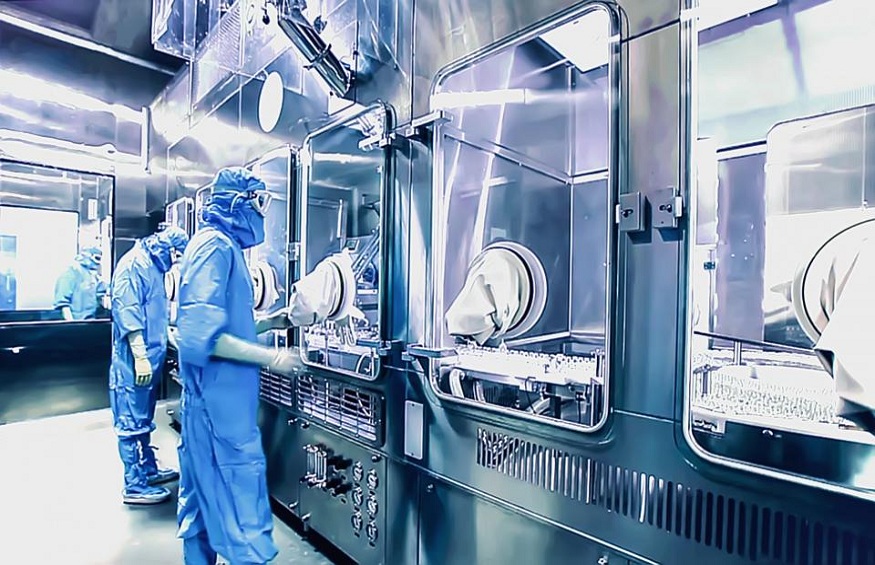There are many advantages of contract machining. For one, it can save your company money. Outsourcing your machining projects can benefit from the contractor’s knowledge and experience. These skills are gained from working on many different machining projects. Additionally, a contractor may be able to improve the design of your part, which could make it more cost-effective or easier to produce. This is particularly valuable if your part is designed for a specific application.
Choosing a Contract Manufacturer
Choosing a contract manufacturer for contract machining is difficult, as there are many questions and factors to consider. Choosing a manufacturer with a proven track record for delivering quality and meeting customer expectations is essential. A contract manufacturer should operate as a partner with a stake in your success. Whether your needs are large or small, you need to feel confident in your chosen manufacturer. The first step in choosing a contract manufacturer is evaluating their expertise level. While the cost may be very competitive, ensure that the contract manufacturer can deliver on its promises. Also, check out their production capacity. Choose a contract manufacturer that can meet your production requirements with a guaranteed turnaround.
Qualities
Finding one with high-quality facilities and skilled personnel is crucial when selecting a contract manufacturer. Moreover, you need to determine the reputation of the company. Consider customer reviews, reputation among industry workers, and past performance. In addition, make sure that the contract manufacturer has ISO-certified manufacturing quality standards. These standards will ensure that the parts are of higher quality.
Another important quality of a contract manufacturer is the ability to work with sophisticated products and manage OEM-specific requirements. High-quality contract manufacturers will have well-trained workforces and can execute complex orders efficiently. They should also adhere to lean and six-sigma best practices and actively pursue continuous improvement.
Costs
Contract machining involves the manufacture of metal parts or components. Generally, this process is performed in a machine shop owned by the contract manufacturing company. Depending on the type of contract machining needed, the contract manufacturer may use various tools and processes. These include milling, sawing, drilling, turning, boring, and grinding. These companies can produce parts with higher tolerances and more incredible intricacy than a traditional machine shop can.
Contract machining costs depend on various factors, including the type of materials, the amount of direct labor, and overhead costs. Often, these costs are baked into the design of the product. Other factors that can influence costs include material availability and the precision of the parts. Labor costs are a significant component of the cost, but contract manufacturers also need to consider the type of labor used. Highly skilled labor can cost a lot less than a less skilled worker.
Reputable Contract Manufacturers
Before choosing a contract manufacturer for your contract machining needs, consider these factors: Does the company have the appropriate accreditation? Do they pledge defect-free products? Do they adhere to lean manufacturing and other processes, and do they follow health and safety codes? Is the company ISO-certified? Does it have a proven track record of on-time delivery? Does the company have a structured Environmental Health and Safety Program?
In choosing a contract manufacturer, make sure that you communicate your expectations in writing. Your business relationship with the contract manufacturer is based on trust, and you want to ensure you get everything to chance. In a written proposal, lay out your goals and expectations for the partnership, as well as the timelines for the project. You’ll also want to include details on raw materials, shipping, and material transfers, as well as any extra service scopes you might need.









